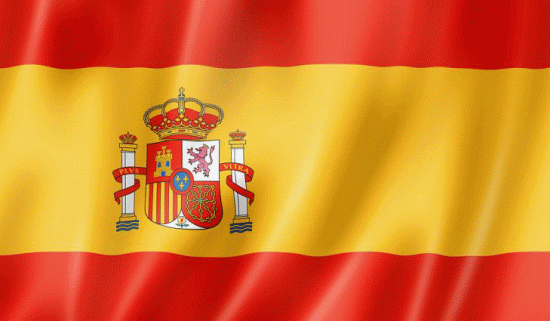The Spanish Agency for Consumer Affairs, Food Safety and Nutrition (AECOSAN) has struck a blow against hemp food producers in their ongoing efforts to clear a path for hemp extracts in food across Europe.
AECOSAN this week issued a declaration that says only edibles derived from hemp seeds “have a clear and meaningful history of consumption within the EU.” That way of thinking makes extracts, derived from the hemp plant’s leaves and flowers, a “novel” food under EU rules.
Part of broader struggle
Language in rules affecting CBD, updated Jan. 20 in the EC’s Novel Food Catalogue, could put a crushing burden on European hemp food producers because novel foods undergo a more strict and costly compliance regime than other foods. The rules guide the EU’s Novel Food Catalogue, a listing of foods that were not commonly eaten in the member states before 1997. The Catalogue is essentially a food safety mechanism.
The situation threatens to disrupt the entire – and fast-growing – hemp food business throughout EU Member State markets, Lorenza Romanese, Managing Director of the European Industrial Hemp Association (EIHA) warned the European Commission in a March session.
“The Novel Food Catalogue was intended and invented to control new, genetically or synthetically designed food products before market entry – not to hinder products that have been consumed for ages,” EIHA has said.
EIHA’s proof positive
During last month’s meeting with the Commission, EIHA presented specific examples from historical sources in Germany, Italy, Poland, Slovakia and Sweden showing that CBD-laden hemp has been consumed on the continent for centuries – even citing a recipe for a hemp dish from the Vatican chef during the Papacy of Pope Martin V in the early 15th century. All to bolster EIHA’s strongly-supported contention that hemp extracts should not be considered novel foods.
The AECOSAN guidance in Spain notes: “With respect to cannabinoids: tetrahydrocannabinol (THC), cannabidiol (CBD), cannabigerol (CBG) and others, used as such or to be added, for example, to an oil, regardless of whether its origin is natural or synthetic, as well as extracts and other parts of the plant Cannabis sativa L. (flowers, leaves and stems) are considered novel foods.”
Agency’s warning
Spanish stakeholders have advised that under AECOSAN’s guidance products derived from flowers, oils and extracts – including e-liquids – could be problematic if “controlled parts of the plant, separated without authorization from the AEMPS (Spanish Agency for Medicines and Health Products)” were involved.
Foreign producers are aware of the situation in Spain and are now “steering clear” of the market, according to the website CBD-Intel.

